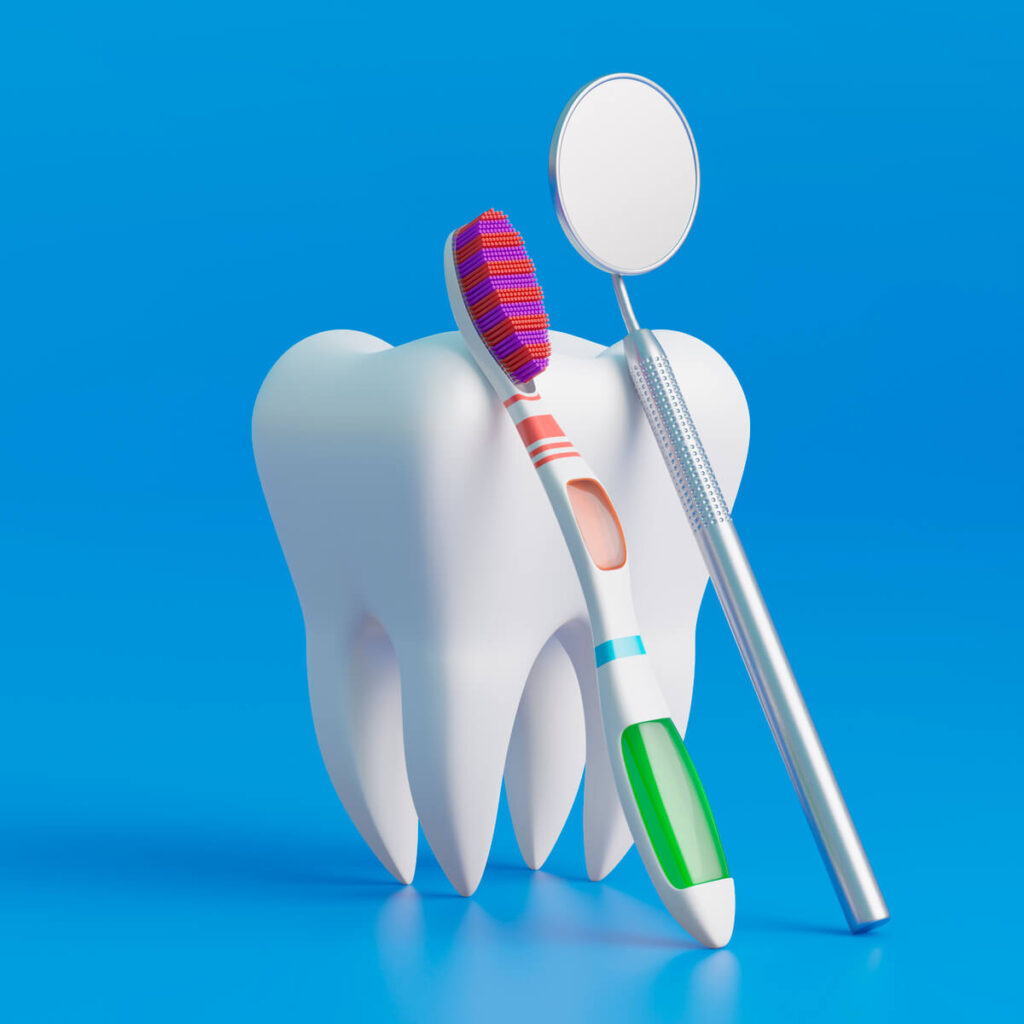Obtaining the highest degree for dentists is crucial for those who seek to advance their knowledge, skills, and professional opportunities. The highest degree for dentists include obtaining a BDS, master’s, or PhD in dentistry, etc.
In this article, we will explore the highest degree that dentists can achieve, the benefits of obtaining this degree, and how it can contribute to their expertise, authority, and trust.
Bachelor’s Degree
Before delving into the specifics of highest degree for dentists, aspiring dentists typically begin their educational journey with a bachelor’s degree in a science-related field. This foundational step sets the stage for the comprehensive understanding of biological sciences necessary for dental studies. This step is crucial to succeed as a dentist.

The Doctor of Dental Surgery (DDS) Degree
The highest degree for dentists is the Doctor of Dental Surgery (DDS) degree. This degree is awarded to individuals who successfully complete a dental program at an accredited dental school. During their education, students gain a comprehensive understanding of oral health, dental procedures, and the diagnosis and treatment of dental conditions.
Benefits of Obtaining a DDS Degree
Although in today’s age, you can own a dental practice without being a dentist, obtaining a DDS degree offers numerous benefits for dentists. Firstly, it signifies a higher level of education and expertise in the field. This can help dentists build credibility and trust with their patients, as they are recognized as professionals who have undergone extensive training and education in dentistry.
Additionally, a DDS degree opens doors to advanced career opportunities. Dentists with a DDS degree can pursue specialized areas of dentistry such as orthodontics, oral surgery, or periodontics. These specializations require additional education, training, and often lead to higher-paid positions.
The Path to Becoming a Licensed Dentist
Obtaining a DDS degree is just the first step toward becoming a licensed dentist. Once you have completed your dental education, there are additional requirements to fulfill. Here’s the typical path:
- Residency Program
Many dentists choose to complete a residency program after dental school. These programs provide additional training and specialization in areas such as oral and maxillofacial surgery, orthodontics, or periodontics. These programs also lead to obtaining the highest degree for dentists.
- State Licensure
Each state has its own licensing requirements, which typically include passing the licensing examination mentioned earlier. Dentists must also meet other criteria, such as providing proof of malpractice insurance and undergoing background checks. This is crucial to obtain registration with the dental council in the UK.
- Continued Education
Dentistry is constantly evolving, and it’s crucial for dentists to stay updated on the latest advancements in the field. Many states require dentists to participate in continuing education courses to maintain their license. So, continuing highest degrees for den
Advanced Highest Degree for Dentists
While the DDS degree is the highest degree for dentists in terms of general dentistry, there are advanced degrees that dentists can pursue to specialize in specific areas of dentistry. Some of these advanced degrees include:
Doctor of Dental Medicine (DMD)
The Doctor of Dental Medicine (DMD) is a dental professional who has completed extensive education and training to obtain their degree. Similar to a Doctor of Dental Surgery (DDS), a DMD has the expertise to diagnose, treat, and prevent dental diseases and disorders. They undergo rigorous training, including hands-on clinical experience, to ensure they are well-equipped to provide comprehensive dental care to their patients.

The main difference lies in the name, as some dental schools prefer to use the term DMD instead of DDS. The curriculum and requirements for both degrees are typically similar.
- One of the primary areas of expertise for a DMD is preventive dentistry. This involves educating patients on proper oral hygiene practices, such as brushing and flossing techniques, and providing guidance on maintaining a healthy diet.
- In addition to preventive care, a DMD possesses expertise in restorative dentistry. This branch of dentistry focuses on repairing damaged teeth and restoring their functionality.
- Endodontics is another specialized field that a DMD may have experience in. It involves diagnosing and treating issues related to the dental pulp and the tissues surrounding the tooth’s root.
- With their extensive training, a DMD is often entrusted with performing oral surgery procedures.
Master’s Degree in a Dental Specialty As One of the Highest Degree for Dentists
For dentists who wish to specialize in a particular area of dentistry, pursuing a master’s degree in a dental specialty is an excellent option. These programs provide dentists with advanced knowledge and skills in their chosen field, allowing them to become experts in areas such as orthodontics, oral and maxillofacial surgery, or pediatric dentistry.
Dentists with specialty training and expertise can command higher salaries compared to general dentists. The advanced knowledge and skills to become a dentist acquired through a master’s degree in a dental specialty make these professionals highly valuable in the dental industry.
Here are some popular dental specialties:
1. Orthodontics
Orthodontists specialize in the diagnosis, prevention, and treatment of dental and facial irregularities. They use braces, aligners, and other appliances to straighten teeth and correct bite issues.
2. Endodontics
Endodontists focus on the prevention, diagnosis, and treatment of diseases or injuries to the dental pulp and surrounding tissues. They perform root canal treatments and address issues related to the internal structure of teeth.
3. Periodontics
Periodontists specialize in the prevention, diagnosis, and treatment of gum diseases and other conditions affecting the supporting structures of the teeth. They perform procedures such as gum grafting, dental implants, and crown lengthening.
4. Oral and Maxillofacial Surgery
Oral and maxillofacial surgeons are trained in performing surgical procedures related to the mouth, jaw, and face. They may perform complex extractions, dental implant placements, bone grafting, and corrective jaw surgeries.

Doctor of Philosophy (PhD) in Dentistry as One of the Highest Degree for Dentists
Dentists who have a passion for research and academics may choose to pursue a Doctor of Philosophy (PhD) in Dentistry. This degree is focused on research and requires dentists to complete a dissertation on a specific aspect of dentistry. A PhD in Dentistry can lead to opportunities in-
- academia,
- teaching, or
- advanced research positions.
Conclusion
In conclusion, the highest degree for dentists is the Doctor of Dental Surgery (DDS) degree. This degree signifies a dentist’s advanced education and expertise in the field of dentistry. Dentists can also pursue advanced degrees such as the Doctor of Dental Medicine (DMD), master’s degrees in dental specialties, or a Doctor of Philosophy (PhD) in Dentistry to further specialize or delve into research. Obtaining the highest degree for dentists not only enhances a dentist’s knowledge and skills but also establishes their authority, expertise, and trust in the field.
Read more: How Can I Create A Patient Centered Culture At Dental Practice?